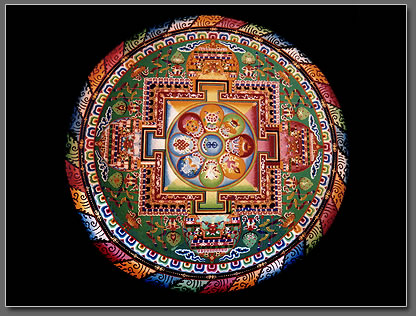In a world that is characterized by all sorts of violence (physical, economical, racial, psychological, sexual, etc.), a fanatic and intolerant aspect manifests itself with preoccupying intensity in the three monotheistic religions (Christianism, Judaism and Islam).
Apart from constituting a dramatic reality, violence inspired, exercised or justified by religion is an incontrovertible historical fact. Yet the commonly known as the Golden Rule (“Treat others as you would have them treat you”) is a universal principle found in diverse expressions in all the religions and cultures and represents a direction that is opposite to that of dogmatism, intolerance and fanatical repression. All religions arose from a direct experience of contact with the Sacred, from a spirituality which was later lost; all that remained were externalized ceremonies and rites, which do not permit the access to this experience. Before a church or a religion became institutionalized, often adopting an authoritarian and intolerant hierarchy, a direct and profound experience existed in the believers, which brought them to an attitude based on nonviolence, compassion and love. All this can be traced in the writings that speak of Buddha, Lao Tse, Christ, Zarathustra, etc.
Religions have forgotten their original message and this has led to manipulations of all sorts. They can only get out of the dead end of fanaticism and discrimination by deciding to manifest the Golden Rule in their actions and stop deceiving their believers. If they fail to do so, violence will only grow.
Moreover, the experience of direct contact with the Sacred is accessible to anyone who searches for it, without the need of dogma and intermediations. In today’s world the growing need for this type of spirituality is translated into a search that takes on different forms and takes different roads. Silo’s Message includes itself in this context, explaining in a poetic and sincere way the path to take in order to overcome both internal and external violence, emerge from darkness and carry out a process of profound change. The Message is not a religion, but an invitation to experience this new spirituality in a direct way, individually and in groups, to overcome suffering in oneself and in the others and to make of nonviolence a lifestyle. It is one of many ways of recognizing the Sacred that human beings have searched for since the earliest times.










